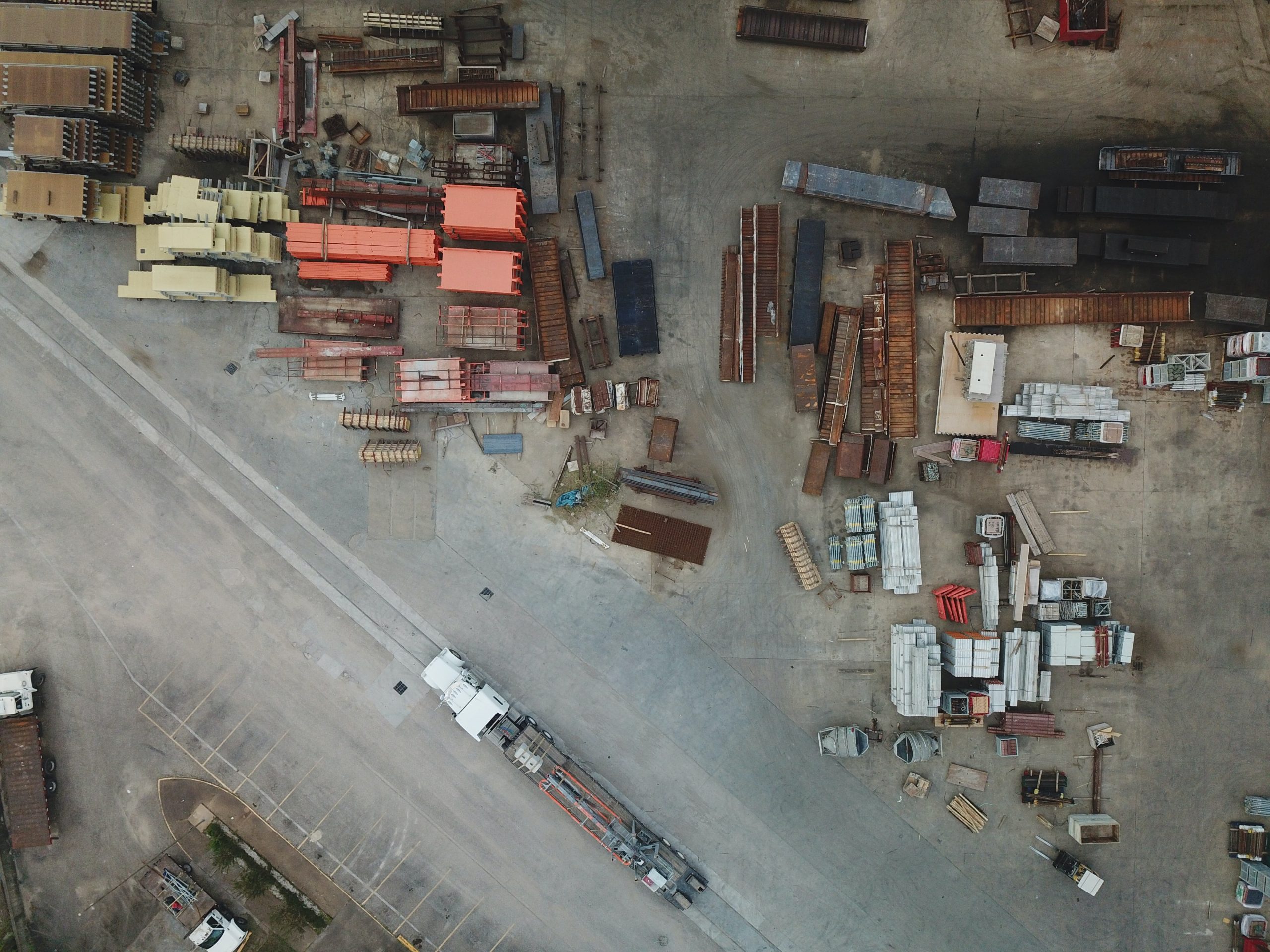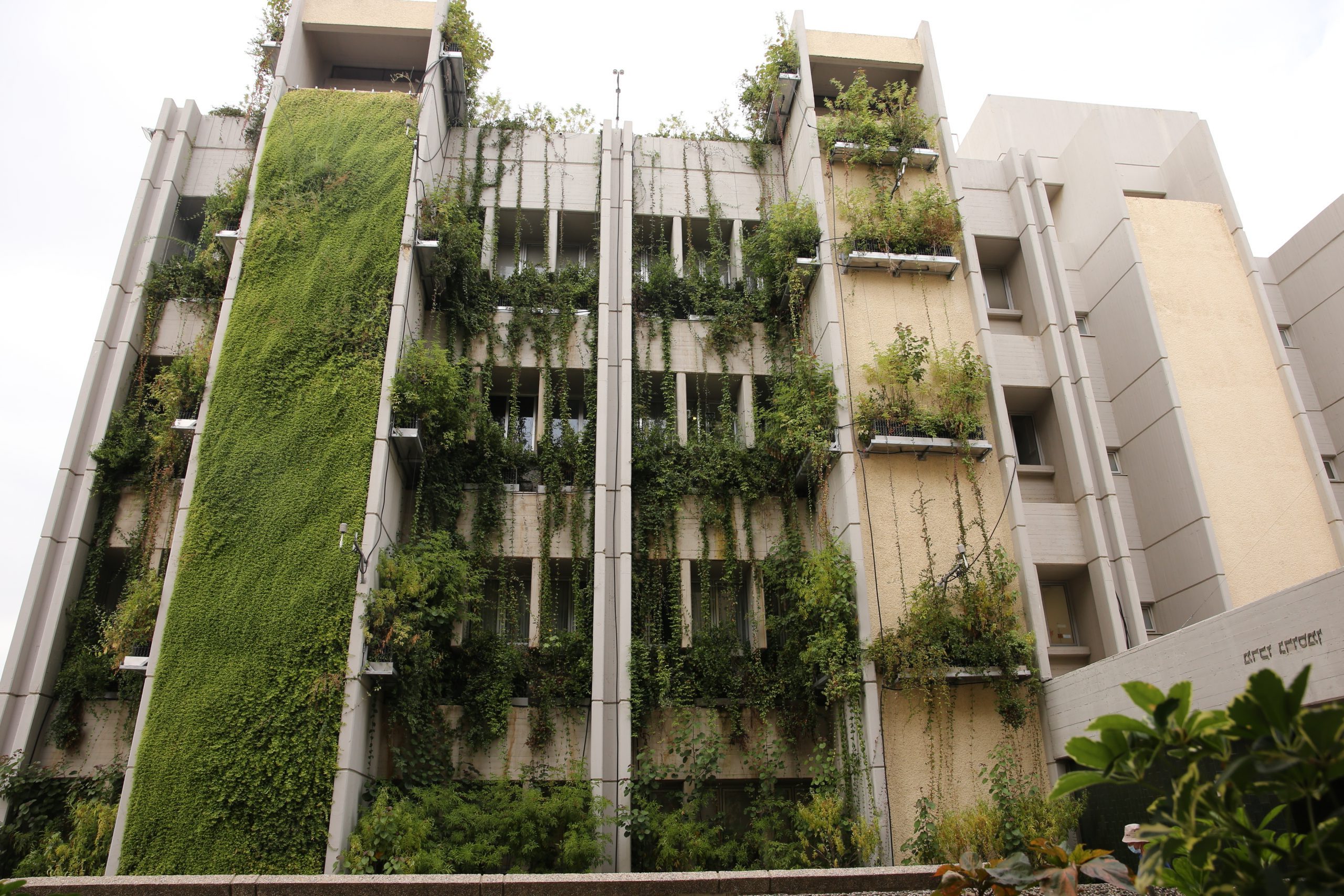A Botanical Cure for Construction Sector’s Heavy Carbon Emissions
April 1, 2021In the effort to decarbonize the buildings and construction sector, a CleanTech Israeli company has developed a unique and environmentally friendly building material: the kenaf plant.
It is difficult to think of architectural discourse in the 21st century without the discussion of sustainable design. Known for its high rate of carbon dioxide emissions and contributions to air pollution relative to other cornerstone sectors, the buildings and construction industry is gradually implementing greener standards to reduce its heavy ecological footprint.
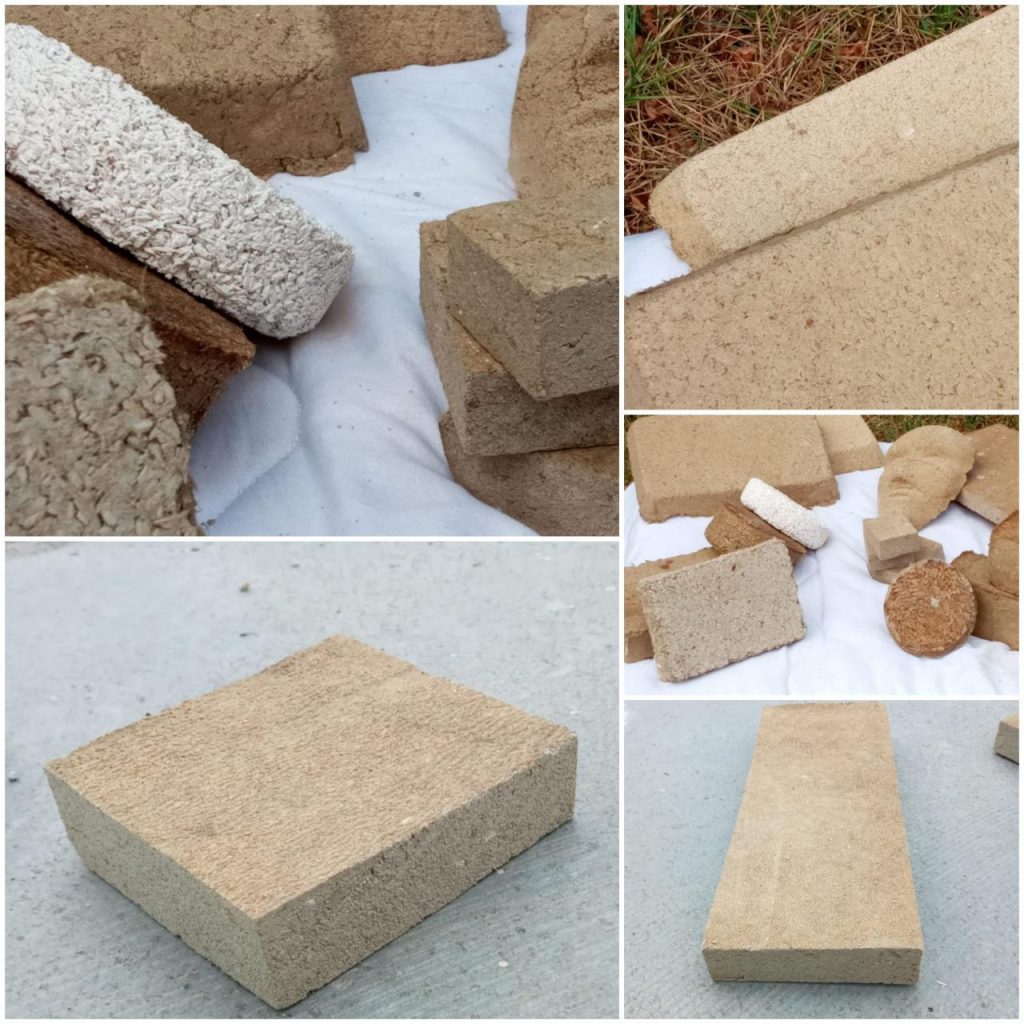
In addition to the development of smart cities and green buildings, the use of alternative building materials is being explored. To this end, Israeli company, Kenaf Ventures, is developing and producing sustainable raw materials made from the kenaf plant (Hibiscus cannabinus) in the effort to decarbonize the construction sector without reducing product quality.
Building blocks made from kenaf fibers. Photo by Avishai Morag.
Carbon-Heavy Construction
Although industrialization ushered in financially efficient technologies to the built environment like bricks, concrete, and steel to be mass-produced, these common materials all share a high energy cost in terms of raw and finite material extraction, processing, and transportation. In addition to mining minerals and turning them into cement, concrete, and gravel and not separating waste at construction sites contributes to the high rate of carbon emissions.
This is referred to as embodied energy, the energy used in the extraction, manufacture, or transportation of building materials. It is within this phase of construction that contributes most heavily to carbon dioxide emissions, which is ultimately driven by demand. This has led the construction sector to make up nearly 57% of the UK’s total carbon dioxide emissions.
According to a study by the United Nations Environment Program (UNEP), buildings and the construction industry are responsible for generating 39% of energy-related carbon dioxide emissions. It also accounts for more than a third of the world’s final energy use. According to the report, progress towards sustainable buildings and construction is present, but advancements are still not keeping pace with the sector’s growth and the greater demand for energy services.
The Versatility of Kenaf
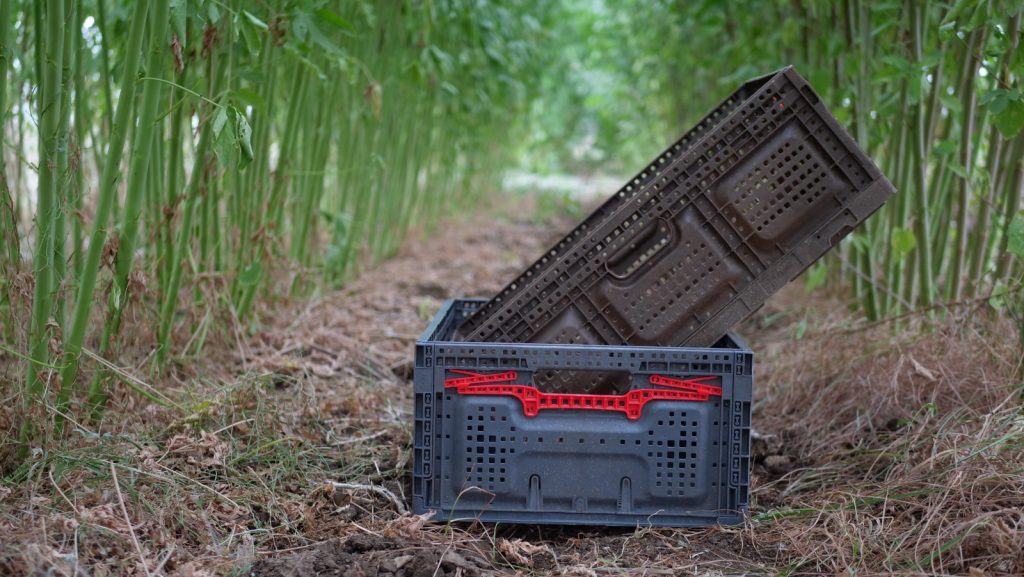
Today there are more sophisticated materials that are less harmful to the environment. In recent years, global demand for plant-derived fiber has been growing, as it is a sustainable and renewable resource. One of the players trying to promote a more sustainable approach in the construction industry is the Israeli CleanTech company Kenaf Ventures, which focuses on developing technologies that deal with improving conventional construction methods, thermal and acoustic insulation products, and the plastics industry.
The company was established in 2011, and initially developed the kenaf field in Germany and Spain. In 2018, the development centers moved to Israel, and today the company cooperates with the Silicate Laboratory at the Technion, as well as a private plastics laboratory. The company has developed a wide range of products for the construction industry, all of which are made from the kenaf plant: insulation products, mixtures for construction products, substitutes for gypsum partitions, packaging products, and more.
The kenaf plant is a type of hibiscus that originated in Africa but now grows in various parts of the world and from which fibers similar to those of jute fabric can be produced. These fibers have a variety of production applications: oil, absorbents, paper, fabrics, packaging material, and as mentioned, building materials for the construction industry.
Not only does the kenaf plant require a minimum amount of water, but it is also highly versatile in that it can be grown in different soil types and various climate conditions. It also has a greater carbon dioxide absorption capacity than that of other plant-derived building materials in addition to its ability to absorb heavy metals from the soil. The plant fibers have properties that are excellent for creating insulation, acoustics, and properties of strength.
Interestingly, another relevant service the kenaf plant provides pertains to cleaning. “Due to its low specific gravity and its ability to absorb substances up to 10 times its weight, the kenaf is able to absorb pollutants from the sea as well,” says Avishai Morag, founder and chief technology officer of Kenaf Ventures. “Kenaf is a wonderful substance when it comes to absorbing heavy oils like tar.”
He said that in the 2010 oil spill in the Gulf of Mexico, kenaf was used in cleaning efforts. “You can make huge nets to which the kenaf is attached, and it is highly effective in storing the oil and tar in it,” he says. With respect to Israel, Morag suggested kenaf could be very helpful in recovering from the tar disaster that recently struck Israel’s Mediterranean coast.
“The contribution of the kenaf plant is enormous,” says Morag. “I don’t know of any similar raw materials that are as effective as this plant.”
Using the Entire Plant
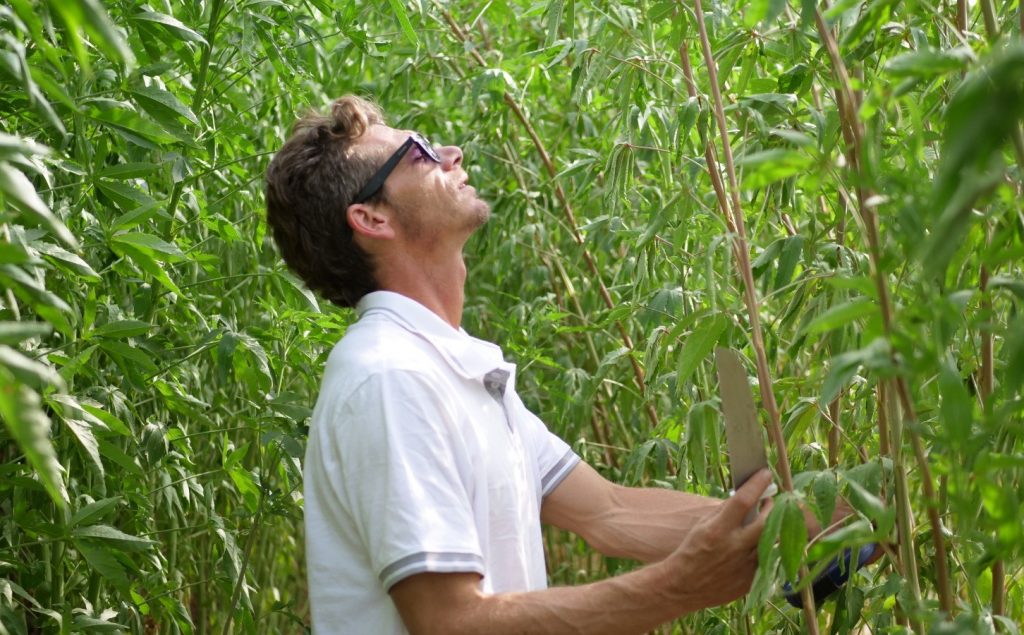
One of the main challenges in the development process was finding a way to use the entirety of the plant—the robust fibers and the core of the kenaf. Approximately 33% of the kenaf plant is composed of fibers and the remaining two-thirds makes up the core.
“Unlike the fibers of the kenaf, the core is considered an inferior substance,” says Morag. “Our goal was to find a way to combine one hundred percent of the plant parts in the products we produce, and we succeeded.”
“We offer not only a green product but a complete concept of a product—where to grow the plant, how to move it, and how to produce the product from it,” says Morag. “Economically, it will have a positive effect on the environment and, of course, in terms of cost.”
In recent years, Kenaf Ventures has been trying to promote the legitimacy of Kenaf in Israel and around the world. The company’s products that already exist are in the final stages of patent approvals, but none of them have yet entered the construction market.
“The construction industry in Israel is conservative and suspicious,” says Morag. “It has to do with the fact that Israel is many years behind in some environmental contexts such as recycling and garbage separation and education for sustainability. Plus, ecological products came here very late.”
“Europe is adopting the world of green construction much better, and the regulation there also supports it. In Israel we are still at a stage where a polluting industrial factory that plants several plants at the entrance is publicly perceived as green,” he concludes.
This ZAVIT Article was also published in Israel21c on 31 Mar. 2021

